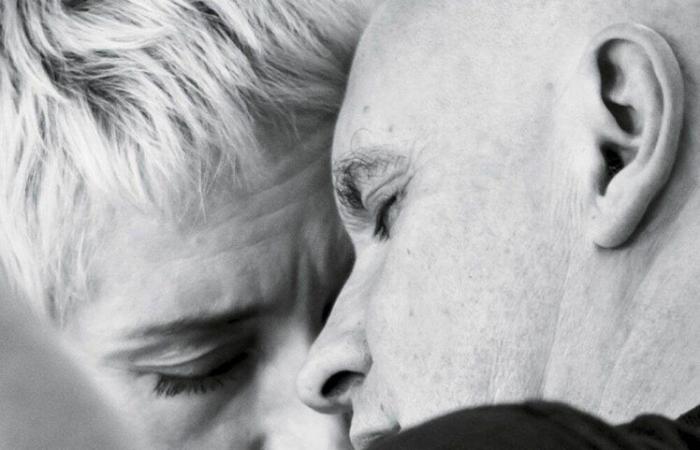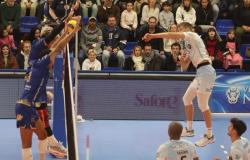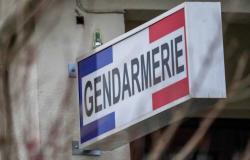
He did not want to go through the “classic” box of the written autobiography. He chose the image and testimonies of those encountered since the beginning of his career to tell his story in Dancing as a feasta beautiful work written by Jean-Christophe Maillot with his publisher and novelist friend, Jean-Marie Laclavetine.
To retrace his career and his first thirty years at the head of the Ballets de Monte-Carlo, the photo serves to bear witness to this living art that is dance. The book contains nearly three hundred of them. Including the first photo, that of a kid in a leotard on the stages of the Grand Théâtre de Tours in 1969. A student at the city’s Conservatory, Jean-Christophe Maillot grew up in this theater where his father created the sets. “I was too young to remember it but it seems that I went on stage before I could even walk”, he says, explaining that “from ten to fourteen, at the age when boys kick a ball, I danced, without any complexes.”
A providential wound
Then a student at the prestigious Rosella Hightower school in Cannes, Jean-Christophe Maillot graduated and began his career as a dancer in John Neumeier’s company at the Hamburg ballet. He injured his knee there, at the age of 23, while preparing for the role of Romeo. “One jump, one bad landing and it was over. While some urged me to begin rehabilitation work to get back on stage, I was already looking elsewhere: towards other bodies in better condition than mine which would embody the movement in my place”, he explains as the trigger that – providentially – led him to choreograph.
Throughout the pages, interspersed sheets of different sizes and thicknesses – a nice editing tip – give the impression of leafing through a notebook of memories.
Memories marked by the repertoire that the injured dancer turned choreographer has created. First in Tours, then in Monaco, where in 1992, Princess Caroline gave him the keys to the national company. The adventure has lasted for three decades. “You held a course, with the freedom and rigor of a slightly crazy but precise navigator and I was at the dock to defend the expedition, to eliminate the problems so that there were only solutions” , writes the Princess of Hanover in a beautiful handwritten letter, transcribed in extensowhere she greets with friendship the work of the choreographer.
“I wouldn’t be the choreographer I am without Bernice”
Lovers of the company will find traces of the iconic ballets of the last thirty years. Maillot also opens the door to its creative process but above all leaves room for comments from the dancers, creators and artists who have crossed its path to constitute the repertoire of the Monegasque company. Nothing is chronological, the work can be read through, picked over to find the spirit of the troupe and its choreographer-director.
“Choreographing is filming, we direct bodies, we frame an action, we edit sequences and we look for tips to make our story understandable,” asserts Maillot when he compares his art to cinema. The most beautiful words are those for his muse and companion, Bernice Coppieters, star of the company. “Working with Bernice is to have the disturbing experience of seeing your work exist far beyond what you had imagined, to the point of asking yourself if you are really the author. I obviously would not have become the choreographer who I am if I hadn’t met Bernice Coppieters”, he writes, also looking back on the year 2014 when Bernice, Gaétan Morlotti and Chris Roelandt, three major figures of the company, hung up their shoes, leaving the stage the same year. “This trio, this trinity, had been at the heart of my work for two decades. I was suddenly an orphan choreographer. For a time, I didn’t know how to turn this page, until the day Princess Caroline ‘said: ”You must not twist it, you must tear it off.” That’s part of what I did.”
Dancing as a feastpublished by Gallimard. 304 pages, 45 euros





